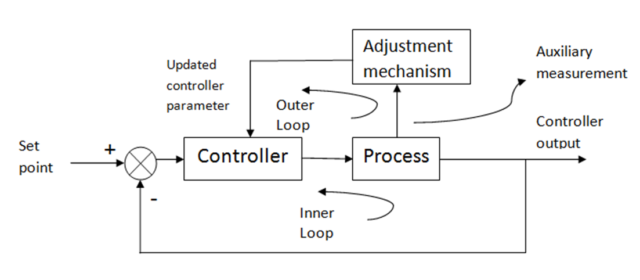Adaptive Control: Theory, Applications, Simulation, and Analysis

About Course
In an era defined by intelligent systems and real-time decision-making, Adaptive Control has emerged as a cornerstone for developing robust, flexible, and responsive automation. This course offers a comprehensive exploration of adaptive control systems—unraveling the theory behind adaptive algorithms, demonstrating their power through diverse real-world applications, and guiding you through high-fidelity simulation and analysis techniques. Whether you’re seeking to understand Model Reference Adaptive Control (MRAC), Self-Tuning Regulators (STR), or model-free methods like reinforcement learning, this course provides a rich foundation for mastering the art of adaptive control design.
From autonomous vehicles and robotics to healthcare devices and industrial automation, adaptive control is transforming how systems behave under uncertainty and changing conditions. Through a combination of theoretical insight, simulation practices, and future-focused discussions on AI and cybersecurity, this course empowers students, researchers, and professionals to shape the future of responsive control systems. By the end, you’ll not only understand adaptive control but also gain the skills to innovate and lead in this cutting-edge field.
Course Content
Understanding Adaptive Control
Introduction to Adaptive Control
00:00The Need for Adaptability in Control Systems
00:00Types of Adaptive Control Algorithms: A Brief Overview
00:00Mathematical Foundations of Adaptive Control
00:00